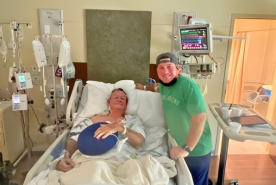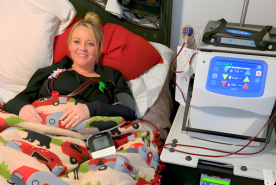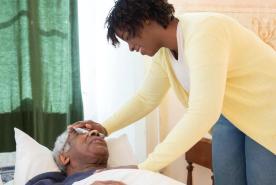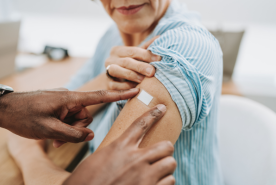
December 19, 2025
Patient Stories
How a Golf Course Friendship Turned into a Life-Saving Kidney Donation

December 16, 2025
Patient Stories
A Daughter’s Kidney Journey and the Family Behind Her

December 15, 2025
Advocacy
What the New Medicare ACCESS Model Means for People Living With Kidney Disease

December 12, 2025
Advocacy
2025 Kidney Advocacy Wins: How NKF Helped Improved Care Nationwide

December 11, 2025
Advocacy
NKF Supports the Department of Health and Human Services’ New Kidney Transplant Transparency Policies

December 09, 2025
Patient Education
Celebrate the Holidays with Kidney-Friendly Recipes from Around the World

December 04, 2025
Patient Education
Home Dialysis FAQ: What to Know Before Starting Dialysis at Home

December 03, 2025
Professional Education
Closing Care Gaps in a Safety Net Healthcare Setting: Leveraging Home-Based CKD Testing to Improve Healthcare Quality
Learn More About Kidney Health
NKF Press Room
Access the latest press releases, media resources, and contact information from NKF.




